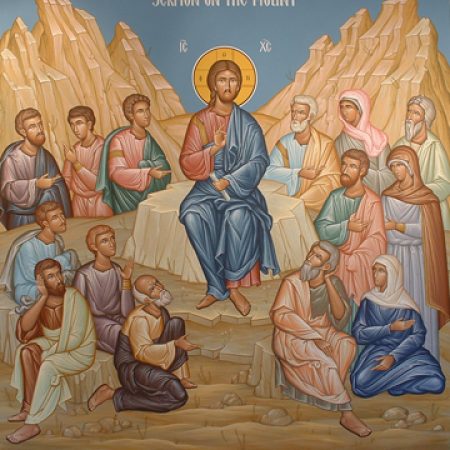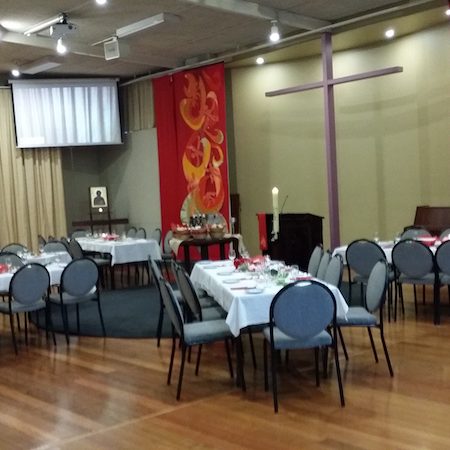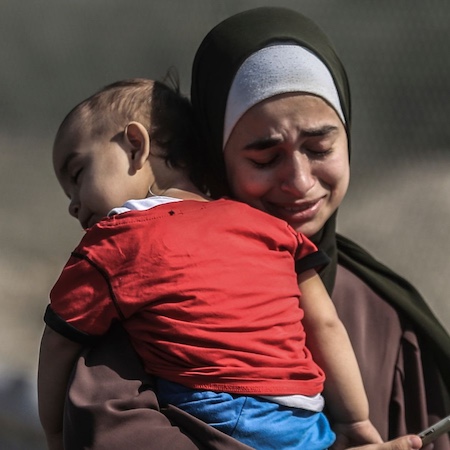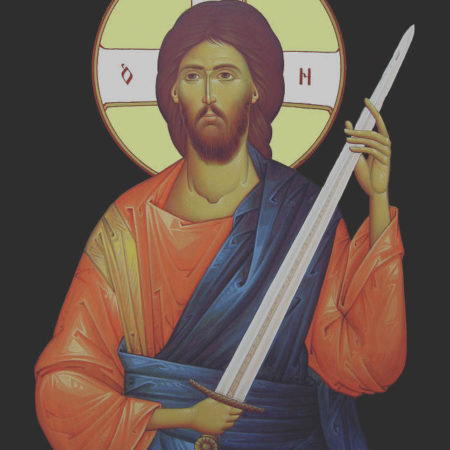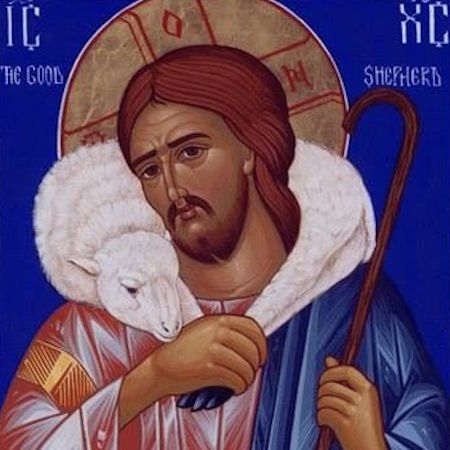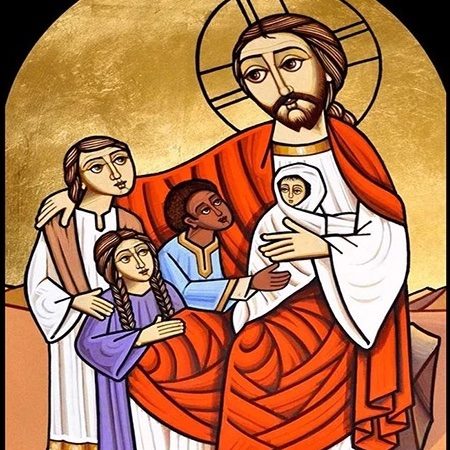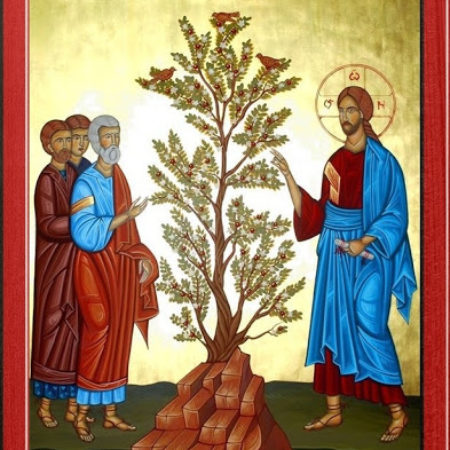Jesus calls us to be salt and light by living a public embodied faith that tells the truth, resists indifferent silence, and makes God’s justice and love visible in the world.
Sermons on Culture
The saints of God are engaged in a war between conflicting empires battling for control of the world, but Jesus has radically transformed our understanding of how we fight.
Hope for our troubled world requires turning anger into tears, resentment into prayers, and financial power into generosity.
In order to find our way into the good news of life in all its fullness, we need to first stop denying and distracting ourselves from the bad news we are drowning in.
We all get trapped in demonic and dehumanising social structures, but Jesus unmasks the truth so that we can be set free.
There is a fundamental culture clash between those who put their trust in God and those who pursue wealth, comfort and celebrity.
Perhaps amidst the increasingly depressing state of the world, Jesus is calling us to learn the path of faithfulness from those who never win.
Jesus’s primary aim was not saving us for heaven after we die, but establishing a culture of whole-hearted loved in the here and now.
The measure of the value of our worship is the measure of the transformation of our lives into imitations of the love and kindness of Jesus.
When misunderstood, being “the chosen” can mutate into a toxic culture of entitlement that produces horrific criminal behaviour, and Jesus calls us to join him in challenging that culture.
Despite our almost idolatrous attachment to social structures like traditional family and monarchy, God wants us to live up to our calling to be a radically egalitarian community of prayerful shared responsibility.
God reaches out to us through babies and elderly folks with a message of love and redemption that cuts through the theological justifications of empire and warmongering and calls us to peace.
The usual interpretation of the binding of Isaac is that God requires us to sacrifice everything, even, if asked, our own children. But could a contextual awareness reveal a more life-giving reading?
Jesus did not come with the goal of making some gentle improvements to the status quo, but to disable the status quo by exposing its lies and revealing its victims. Without our culture being radically converted by that, the result is escalating chaos, to which Jesus offers himself as a victim and calls us to do the same.
Jesus comes to break us free from oppressive understandings of God and of God’s expectations of us.
The Holy Spirit is breathing sacred life into all creation and continually working for the making sacred of all creation.
Being God’s people can be awkward. Our actions of love and care stand against the me-first culture, and to seek justice, love, and a better world.
The Kingdom of God can only be accepted the way a child welcomes a hug, not the way lawyers accept a divorce settlement.
The power of God is that a contagion of life—of transformation, hope, and peace—is more powerful than a contagion of death.
The culture of God rises in defiance of the empires of this world, but it will look more like an annoying outbreak of self-sown, invasive weeds than an alternative empire.








